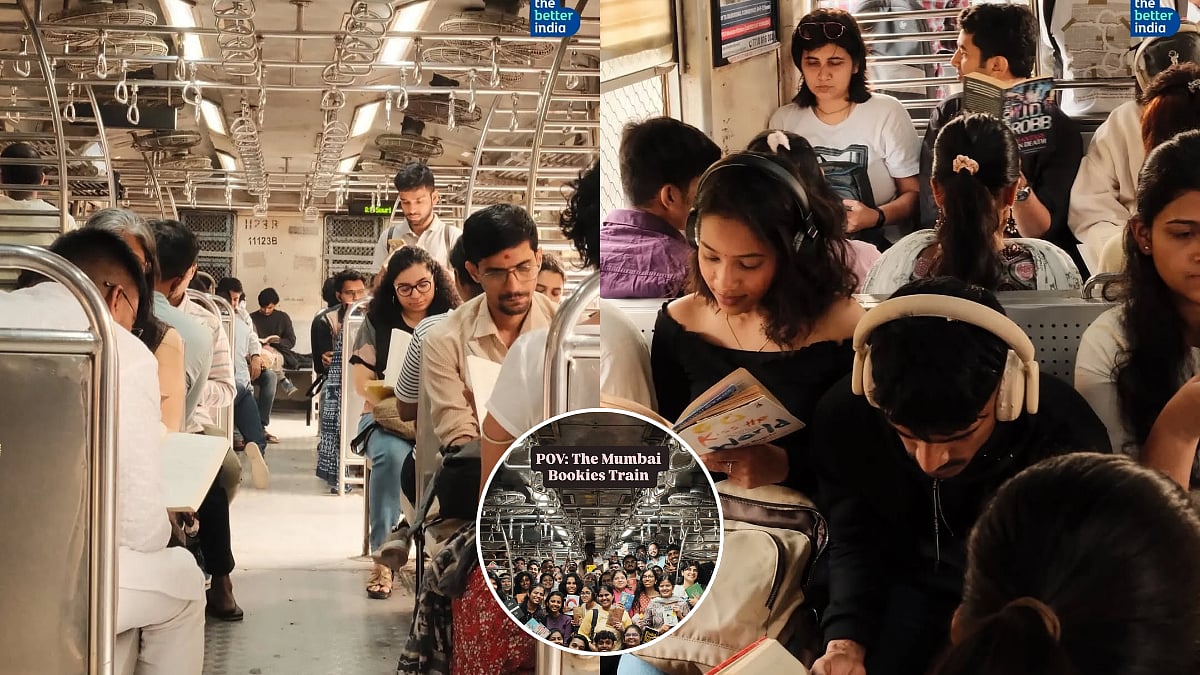The stringent Unlawful Activities Prevention Act (UAPA) should not be misused for quelling dissent or harass citizens, Supreme Court judge Justice DY Chandrachud said on Monday, NDTV reported.
According to the report, while addressing an event on the legal ties between India and the United States, Justice Chandrachud said, “Criminal law, including anti-terror legislation, should not be misused for quelling dissent or harassment to citizens. As I noted in my judgement in Arnab Goswami vs the State, our courts must ensure that they continue to remain the first line of defence against the deprivation of liberty of citizens.”
According to a report by Live Law, Justice Chandrachud said the judiciary must remain the first line of defence against any move to deprive citizens of their liberty.
“Our courts must ensure that they continue to remain the first line of defence against the deprivation of liberty of citizens. Deprivation of liberty for even a single day is one too many. We must always be mindful of the deeper systemic issues of our decisions,” he said.
The remarks come amid outrage over the death of 84-year-old activist Stan Swamy, who was arrested under the anti-terror law- UAPA - in the Elgar Parishad case last year. Swamy, 84, possibly the oldest person to be accused of terrorism in India, died last week in Mumbai hospital in the middle of his fight for bail on health grounds.
Several other cases where the UAPA was used have made headlines recently. On July 2, peasants’ rights activist and Assam MLA Akhil Gogoi was released from jail after a year-and-a-half in captivity. A special National Investigation Agency court cleared him of all charges under UAPA for his alleged role in anti-Citizenship Amendment Act protests in Assam.
Meanwhile, Justice Chandrachud also discussed the menace of congestion in Indian prisons amid COVID-19, reported Live Law. He highlighted how the Supreme Court had directed States to set up committees to consider the release of prisoners in order to prevent the spread of COVID-19 in prisons.
"The Supreme Court made a similar suggestion for those awaiting trials for offenses carrying a maximum penalty of seven years. When the first wave subsided, those released were re-imprisoned. Given the second wave in May 2021, the Supreme Court, on May 7, 2021, ordered that those released in the first wave of the pandemic were eligible for immediate release and passed orders regarding improvement in sanitary prison conditions, regular COVID-19 testing of inmates, and prison staff," he said.
(With inputs from Agencies)





